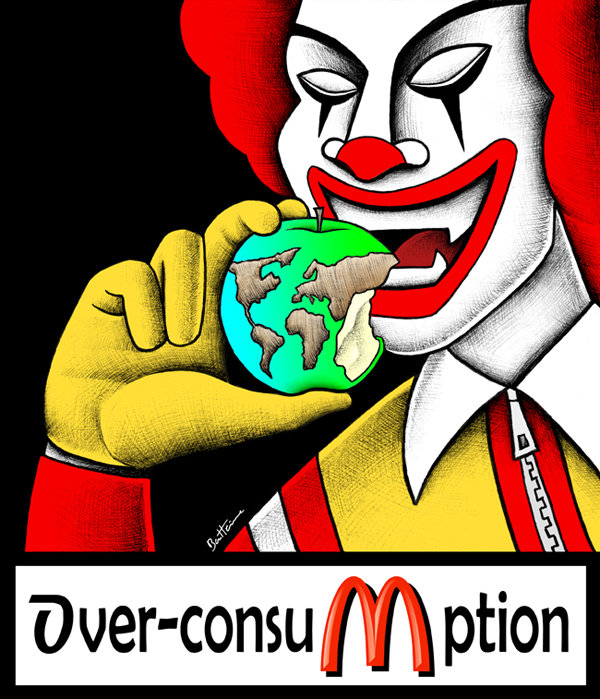Knowing what we eat has become something which is every day more difficult. The recent food scandal where horse meat was detected in beef highlights this clearly. Cannelloni from La Cocinera, burgers from Eroski, ravioli and tortellini from Buitoni, and Ikea meatballs are some of the products that have been withdrawn from the market. It is clear that we don’t have any idea of what we are putting in our mouths.
It was in Ireland and Great Britain where, in January, horse DNA was first identified in meat sold as beef. Companies like Tesco, Lidl and Aldi, and even Burger King were forced to remove these products from their establishments. Here in the Spanish state, the government denied the existence of any similar situation. Weeks later, the Consumers’ Organization found horse meat in burgers from Eroski and AhorraMas
Food globalization and the off shoring of agriculture and food lead to these things. Sooner or later the consequences of such scandals come here also. The Ministry of Agriculture, Food and the Environment has had to acknowledge, finally, the existence of horse meat in products that were sold as veal. And multinationals such as Nestlé, among others, have withdrawn the affected food.
While the replacement of one meat by another is not detrimental to our health, that case has reignited fears on what we eat and who pulls the strings of the food system. Once more, it has demonstrated how the economic interests of a handful of companies in agro-industry are put above the food needs of the people. In this way, if producing horsemeat is cheaper, horsemeat is what will be on the plate.
In addition, discovering where the fraud started becomes mission impossible in a food chain that has foods travel an average of five thousand kilometers, according to a report from Friends of the Earth, before arriving on our plate. A burger can be made by meat from ten thousand cows and go through five different countries before reaching the supermarket. Where did the horse meat come from? Ireland initially accused the Spanish state, then Poland. When the case erupted in France, the culprit was a factory in Luxembourg which, in turn, pointed out that the meat came from Romania, who at the same time, said the goods came to them from the Netherlands and Cyprus. There is no way to know the answer.
History repeats itself. And whenever a new scandal appears we see the same cross-accusations, social alarm, impossibility of knowing its origin and tons of food in the dumper. It happened with e. coli and cucumbers and much earlier with chickens with dioxin, BSE, swine flu and many more. And it will happen again. It’s the other side of a food system that in reality does not work and is unable to feed us in a sound and healthy way, be transparent and put an end to hunger in the world.
Such food scandals are the result of a dislocated, extended, oil dependent model, without farmers, intensive, addicted to pesticides, which basically seeks to do business with something as essential as food. Even swine flu and bird flu originated in intensive large scale breeding farms, where animals are crowded, abusively and cruelly treated, highly dosed with antibiotics are raised and treated as merchandise.
Today the food chain, which has at one end the farmer/producer and the other the consumer, has been extended to such an extent that none of them can impinge on it. Our food is in the hands of companies that monopolize every one of the stages of production, processing and distribution of food, from the seeds to the supermarket, and impose their rules of the game. And if our right to feed ourselves is in the hands of companies like Cargill, Dupont, Syngenta, Monsanto, Kraft, Nestlé, Procter & Gamble, Mercadona, Alcampo, El Corte Inglés, Carrefour and so on it is clear that this right, as evidenced by reality, is not guaranteed.
We only have one alternative: to re-appropriate agriculture and food policies. To end the dictatorship of the markets in food. To demand that which is denied to as individuals and as a people: the right to decide, sovereignty, in this case over food. And to once again become owners of our agriculture and our food
*Esther Vivas is an activist in a variety of social movements in Barcelona. She has participated in campaigns in favour of food sovereignty and she has written several articles and books on this issue.
**Translated by International View Point.










